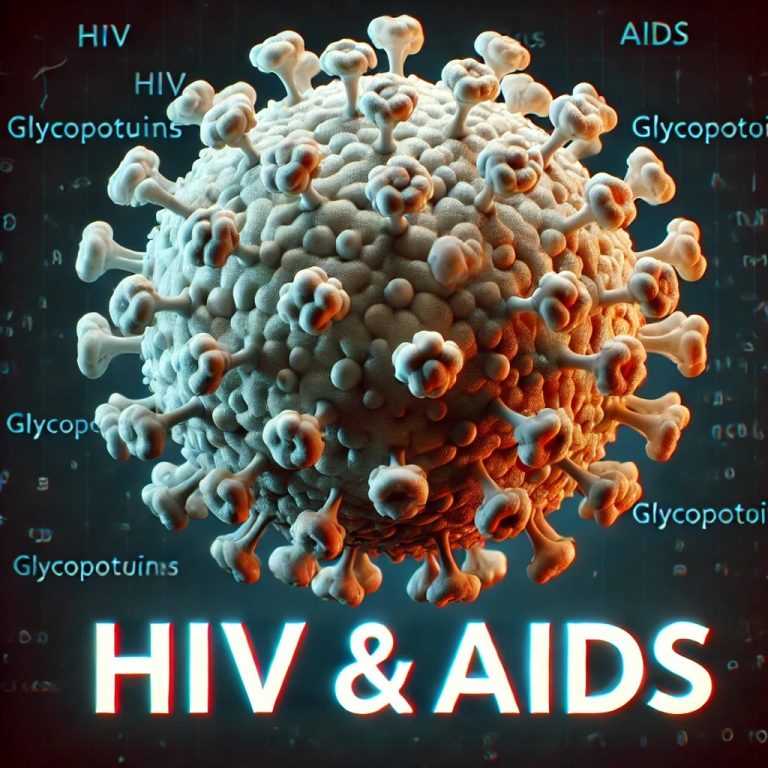The United States Agency for International Development (USAID) withdrawal from HIV/AIDS interventions in Bauchi has heightened the risk of disease spread in the state.
This was stated by the Chairman of the Network of People Living with HIV/AIDS in Nigeria (NEPWHAN), Bauchi chapter, Mr Abdulahi Ibrahim.
Ibrahim, in an interview on Thursday, expressed concern over the resulting shortages in treatment centres, reduced clinical support, and lack of essential services.
He warned that breaks in treatment could lead to drug resistance and complications.
“We have more than 22,000 volunteers in the state, many of whom are currently jobless and unable to assist with caregiving,” Ibrahim said.
He urged the state government to absorb these volunteers into the health system and include HIV/AIDS patients in the state’s Health Contributory Scheme.
Ibrahim further highlighted the challenges faced by vulnerable groups, particularly unemployed individuals and residents of remote areas, and warned that the ongoing treatment stock shortage could lead to a public health crisis.
He appealed for the revival of the Bauchi State Resource Mobilisation Committee to support funding and patient care.
In response, the Executive Chairman of the Bauchi State Agency for the Control of HIV/AIDS, Tuberculosis, Leprosy, and Malaria (BACATMA), Dr Adamu Sambo assured that the state government had a sustainability plan in place.
He confirmed that drugs were available at treatment centres but acknowledged that the USAID withdrawal had impacted community mobilisation and testing efforts.
“The government has continued to supply drugs and will continue to partner with other stakeholders to ensure access to care,” Sambo stated.
NAN


